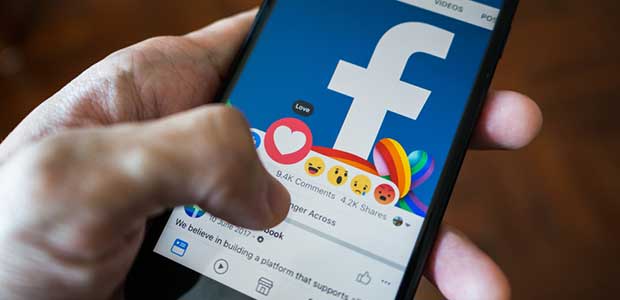
Healthcare Workers Face Online Threats for Advising the Public
Hospitals and healthcare facilities are working overtime to keep up with the increasing numbers of coronavirus patients coming in, and in some areas, hospitals are at near full capacity. While healthcare workers are trying to do their jobs and stay healthy with limited staff and PPE, many are facing threats and fearing for their own safety.
Cases of coronavirus are climbing in the United States. According to the COVID-19 Dashboard by John Hopkins University, the totaled confirmed cases in the U.S. are 2,600,727 (which, scientists presume, is an underestimate). Check out the New York Times article on case counts for each state—many of which are seeing large upticks in cases within the last two weeks.
Hospitals in states his hard by increasing case numbers are approaching capacity, and healthcare workers are increasingly concerned they will not be able to treat everyone safely—or at all. They are also worried that regular citizens are not taking the necessary precautions anymore to slow spreading.
While healthcare workers are working overtime, with limited PPE and in high-risk conditions treating COVID-19 patients, many are facing threats from people who are skeptical of their efforts. One NPR article delves into the stories of many healthcare workers who are fearing for their lives—not just because of the virus at work, but because others are prepared to use violence against them for doing their jobs.
Many healthcare workers are helping other members of their communities with COVID-19 responses. They often visit other community officials to provide science, data and tips on how to safely continue operations and keep infection rates low. However, healthcare workers have faced threats for providing even these public health services.
Lauri Jones, who works in her local health department, has been visiting local officials to “help steer the local response to the outbreak. She’s had to tell local businesses to stay closed, track down residents who could be infected and tell people to isolate or quarantine themselves.”
Since doing this, though, she has noticed wariness, suspicion, and even outrage in her conversations.
“For the first time, people are hearing terms like ‘contact tracing’ and ‘case investigation,’ and those frighten them for some reason,” Jones says. “They’ve been politicized.”
The article explains that other healthcare workers have faced “resistance, online harassment and even violent threats for conducting contact tracing and other containment strategies in their local communities.”
Jones notes how difficult it has been for her to provide the public with important information, especially since people get their information mostly from social media. She tries to explain to people that contact tracing is the same as “tracing the source of a food-borne illness like salmonella from the sick patient, back to the source of contamination.”
One instance turned very concerning for Jones very fast. In May, a small town spat about contact tracing and isolation escalated online, and Jones feared for her life.
Jones called a household where someone had tested positive for coronavirus to remind that person to stay in isolation, and to see if that person or anyone else needed anything dropped off.
Not long after that, law enforcement told Jones there was online chatter about her team’s work, and growing threats against her. One particular Facebook post about her accused Jones of surveillance, warned people they were being watched, and started rumors that she was spying on the family. Some people online even made a “call to arms” against her and threatened to release her home address.
Jones was so fearful she lived in anxiety and even bought security cameras for her home.
Other healthcare workers across the country have faced similar threats and situations. Often times, the threats are threats of violence or property damage. Some health departments, like one in Aurora, Colorado, was severely vandalized.
Certain social media outlets have pushed the idea that contact tracing is a way for the government to control citizens for another, malicious intent. Many healthcare workers worry that as contact tracing starts to become a viable option for workplaces and officials, threats will only continue.
“We need to make sure people really understand why we're trying to help them and not harm them,” one healthcare workers said. “Otherwise, you're going to have a real hard time keeping outbreaks from happening in those communities.”